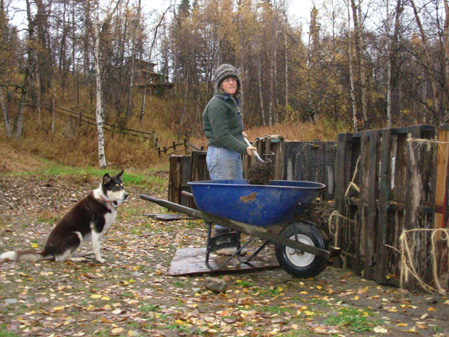
January 11, 2024: Nulla Dies Sine Linea, Decomposing
To compose means to create. The term usually refers to the arts, writing included. To decompose means the opposite. It means to take or to fall apart. It is a term used to describe what happens to the human body after someone dies. I have often said about writers I know that have died, that they are decomposing. A lot has been said about the composing process of writers. This is the act of creating something anew, as in, Last night I composed a poem. The term compositionist was applied to those who, like me, were working on their Ph.D. in Composition studies. The term stuck, even after such programs acquired the tag rhetoric, as in composition and rhetoric. The intellectual move was away from |
|
the study of composition to the study of rhetoric as this related to writing. My take on this was that rhetoric was the art of communication; others disagreed and said it was the art of persuasion. There was just one program out there in which decomposition was taken seriously. This was at the Naropa Institute in Colorado – it was the Jack Kerouac School of Disembodied poets. The program began in 1974. Naropa has been a host to numerous beat authors including William S. Burroughs, Ken Kesey, Gregory Corso, Joanne Kyger, Philip Whalen, and Lawrence Ferlinghetti. Together, they helped create what Anne Waldman calls the “Outride Lineage,” “A heritage of powerful scholarship and counter-poetics operating outside the normative academic mainstream.” According to Jack Kerouac School co-founder Anne Waldman, “‘outrider’ means being outside the academic mainstreams of poetry yet not ‘outside’ the worlds of poetry.” She added, “you ride parallel.” I’d say decomposition is and was going on here. All the above-mentioned writers have died and are decomposing. The Outriders, as they are called, eschewed convention in both their writing and thinking processes. I consider decomposition to be an integral part of the writing process. It’s thought that writers build upon what it is that they know; one brilliant sentence follows another. And those who are thought to work in this fashion are, of course, in the process of composing great works. This is an incomplete view, and deleterious in that inexperienced writers take it to heart, ultimately producing nothing. The fact is, that decomposition has to accompany composition. The two are like yin and yang, one is nothing without the other. Revision (meaning seeing again) is at the heart of decomposition. The writer, when decomposing, deletes and adds idea, to the degree that when he, she, or they are done, there may be no sign of the original draft. I’ve been doing a great deal of decomposing and composing while working on Shelf Life. I had what I thought was a good partial first draft. I set it aside for several months, then upon returning to it, I saw that I needed to revise it. I’ve taken out entire chapters (decomposition) and added new ones (composition). If I just kept adding ideas, I’d have a nonsensical document. So I am an outrider, and in Shelf Life, I’m forging new ground. |
|
